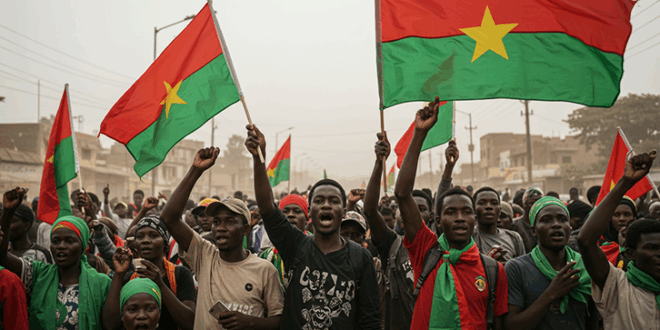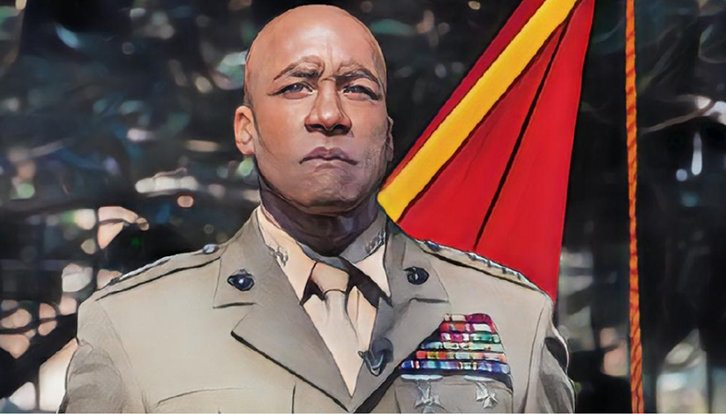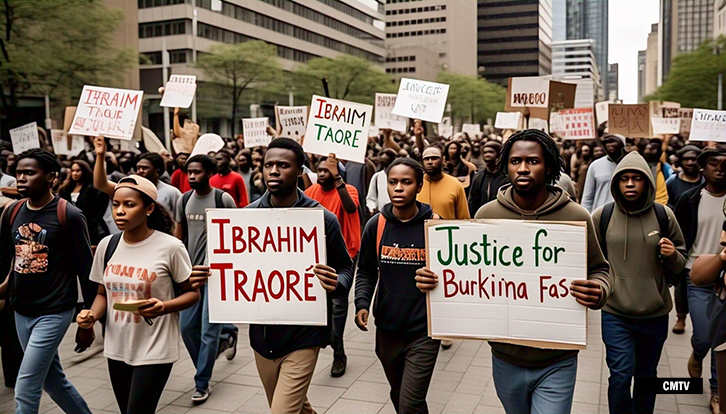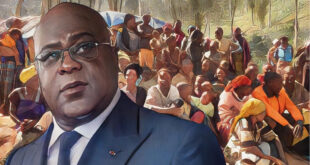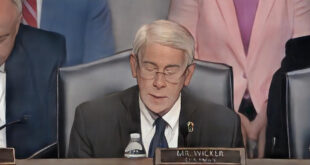Across the African continent, an unmistakable wave of solidarity is rising—one that rallies behind Captain Ibrahim Traoré, the transitional president of Burkina Faso. From Accra to Addis Ababa, young people are taking to the streets, waving flags, chanting in unity, and defying narratives that have long been shaped by external powers. Their cause? Resistance to neocolonial interference and unwavering support for one of the few African leaders openly challenging Western dominance.
Voices from the Ground: “We Are Already at War”
During a live broadcast featuring a mixed Ghanaian-German woman, a powerful question arose: “Isn’t what we’re doing just provoking Western attack? Aren’t we calling sanctions and war upon ourselves?”
Her response was striking:
“We are already at war. Since colonialism, Africa has never known true peace. Our people are still suffering and dying—whether it’s in our own countries or abroad. I’m half-German, and yet I’ll never be accepted there. A Black man was shot four times in the back in Germany just for being Black. The West has been at war with us. Here, when I took an Uber, the driver called me ‘sister’—that’s something I don’t hear in Europe. That’s why I’m here. The war isn’t coming. It’s already here.”
Her statement reflects the emotional and psychological divide felt by many in the diaspora—a deep yearning for a continent that recognizes them and a rage against global systems that don’t.
Why Traoré? A Man of the People, Under Fire
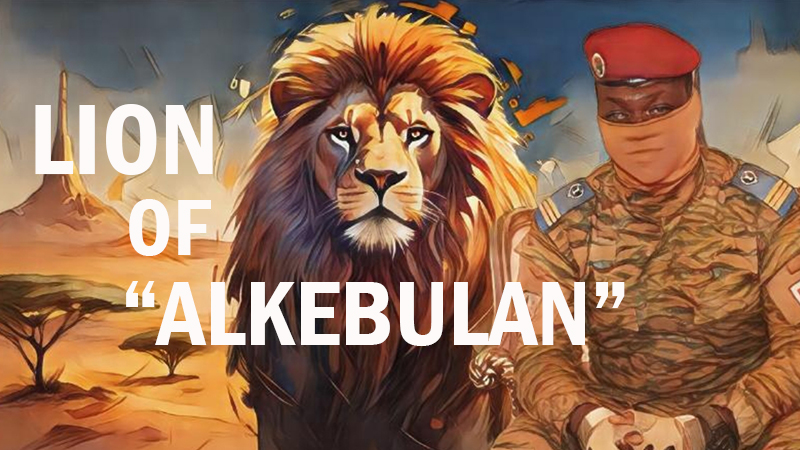
One popular YouTuber, broadcasting from the scene, summed up the passion of the moment:
“There have been multiple assassination attempts on Captain Ibrahim Traoré. That alone tells you something. When the enemy tries so hard to take a leader down, it means that leader stands for something powerful. Look what they did to Gaddafi. Look what happened to Thomas Sankara. They recycled the same narrative of ‘dictatorship’ and ‘human rights abuses’—but today, African youth are no longer fooled.”
Traoré’s supporters point to his relentless grassroots efforts: building roads, inaugurating factories, and physically working alongside farmers in the field. Under past democratic regimes, Burkina Faso completed just 3,000 kilometers of road since independence. Traoré has a 5,000-kilometer-per-year goal—funded not by foreign loans but from national resources. This is no ceremonial figurehead; he is visibly present in the daily life of his people.
“He’s not in a presidential palace enjoying V8 SUVs like other leaders. He’s with the people, in the farms, at the factories, in the dirt. That’s why the citizens of Burkina Faso sleep outside his residence—to protect him.”
Media Manipulation and the Recycled Script
A growing number of Africans are rejecting Western media portrayals of Traoré as a destabilizing force. They argue that such coverage is a strategic distraction, diverting attention from deeper regional issues like the prolonged crises in Congo, Libya, and Sudan.
“When they planned to assassinate him, suddenly the U.S. issued a ‘Level 4 Travel Advisory’ to that exact region. Coincidence? We don’t think so. They’re always a few steps ahead when it’s about intervention. But this time, we see through it.”
Many believe that if Traoré is taken down, chaos will follow—just like in Libya after Gaddafi’s fall. The destruction isn’t collateral; it’s strategic.
The Bigger Picture: The Sahel, Ivory Coast, and the Battle for Access
Geopolitically, Burkina Faso lies at the heart of the Sahel, making it a crucial gateway. Protesters claim that foreign interests—assisted by regional collaborators like Ivory Coast—are exploiting border proximity to destabilize the country. The Ivory Coast government, they argue, is acting as a bridge for neocolonial agendas.
Meanwhile, neighboring Mali is reportedly under pressure from Algeria, further complicating regional alliances.
“If you allow them to take Ibrahim Traoré down, they will ruin Burkina Faso like they did to Libya and Congo. And our so-called African leaders? Most of them stay silent.”
Final Message: “Hands Off Burkina Faso. Hands Off the AES Alliance.”
The message coming out of this growing resistance is direct: Africa is waking up.
The days of overthrowing visionary African leaders through media narratives and proxy interventions are ending. The youth know their history. They understand the tactics. And they are no longer afraid.
“We’re not begging anymore. We’re demanding. Hands off Burkina Faso. Hands off the AES alliance. Let Africa breathe.”
 Cmtv News News -Education – Entertainment – Sports
Cmtv News News -Education – Entertainment – Sports

